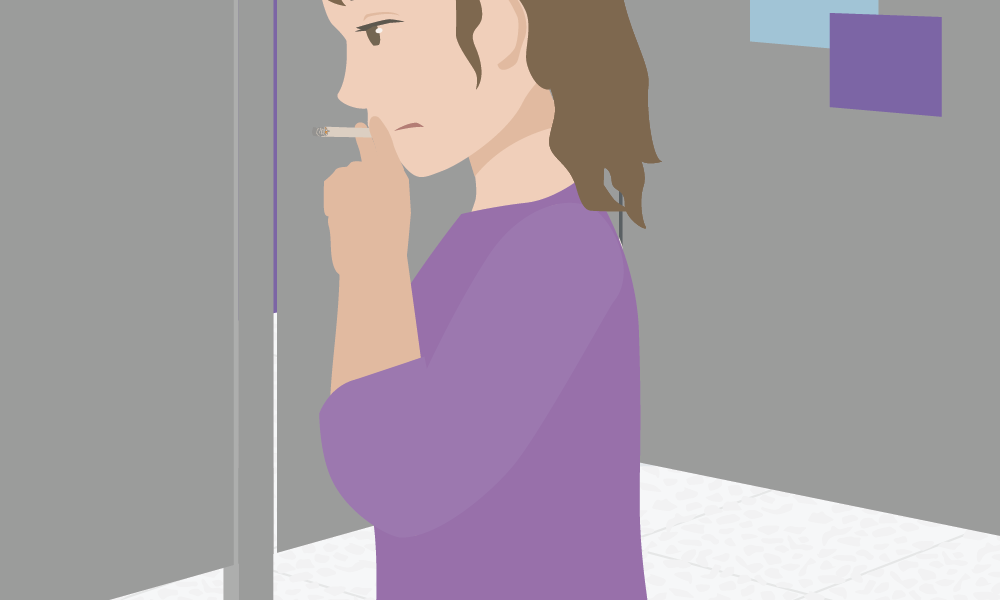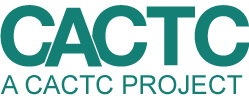Talking to your teen about marijuana use can be a challenging conversation to have as a parent. In 2022, 90% of students in Cortland County reported in the youth survey that they had not used marijuana in the past 30 days.1 However, over half of Cortland County students reported that they did not talk to their parents about drugs in the past year.1 As a parent, it’s essential to approach the topic with an open mind and a willingness to listen to your teen’s perspective. Here are some tips to help you have a constructive conversation with your teen about marijuana use:
Listen Actively and Respectfully:
Encourage the youth in your life to share their thoughts and feelings about marijuana use by actively listening to them and acknowledging their perspectives. Avoid interrupting or dismissing their opinions, and instead, try to understand where they’re coming from. Respectful communication builds trust and encourages your teen to feel comfortable sharing with you.
Avoid Scare Tactics:
While it’s important to share the potential risks of marijuana use, it’s essential to avoid using scare tactics or exaggerating the risks. This can lead to mistrust and make it more difficult for the youth in your life to take you seriously. Research has shown that scare tactics are ineffective in preventing marijuana use in teenagers, mainly because teens are smart enough to realize when they are being manipulated, and their brains are hardwired to defend against negative messaging.4 Providing factual information and realistic consequences is more effective in promoting responsible decision-making. Remember, 90% of Cortland County youth have not used marijuana in the past 30 days. Do not assume your child is using until confirmed. Instead, lead the conversation with an understanding that they are not using, you are proud of them for their non-use, and you want to make sure they continue not to use.
Be Honest and Transparent:
Share factual information about the potential risks and consequences of marijuana use. Be transparent about any concerns or biases you may have, and be prepared to provide evidence-based information to support your views. Here are some facts that you can use to help educate your child:
- Marijuana use impairs cognitive function, making it harder to solve complex problems, concentrate for long periods of time, and retain new information. This can impact academic and work performance and hinder daily activities that require focus and attention.2
- Marijuana use affects motor coordination, leading to impaired balance, slower reaction times, and difficulty with tasks that require precise movements such as driving, sports, or operating machinery.2
- Marijuana use can have negative effects on mental health, such as increased anxiety, depression, and paranoia. Long-term use may also contribute to the development of psychotic disorders such as schizophrenia.2
- Marijuana use can interfere with school attendance and academic performance, leading to lower grades and difficulty maintaining focus during classes. It may also affect social relationships, making it harder to connect with peers and form meaningful relationships.2
Remember, the brain continues developing into the mid 20s, so the goal is to keep that brain from harm to keep developing2.
Encourage Questions:
Invite the youth in your life to ask questions and express their curiosity about marijuana use. Address their questions and concerns honestly, and be prepared to provide accurate information. Avoid judgmental responses and instead, focus on understanding and addressing their concerns. Here are some commonly asked questions, and how you can answer them:
- “What is marijuana?”: Marijuana is a drug that can be produced from the cannabis plant and is made up of two active ingredients, TCH and CBD.3
- “What does marijuana look like?”: Marijuana can come in a few different forms, such as brown or green dried leaves, or a waxy or pasty brown or yellow concentrate.3
- “What are other names for marijuana?”: Pot, weed, chronic, bud, herb, kush, joint, loud, mary jane, mj, blunt, dab, dope, ganja, grass, hash, reefer, skunk, smoke, trees, wax.3
Provide Support:
Let the youth in your life know that you are there for them and that you support them. Provide them with resources and support if they have any concerns or questions about marijuana use. Show them that they can come to you with any questions or concerns they may have and that you will always be there to support them.
Talking to your teen about marijuana use may not be an easy conversation, but it’s essential to have an open and honest dialogue. Remember to listen actively, be honest and transparent, encourage questions, avoid scare tactics, and provide support. By doing so, you can help your teen make informed decisions about marijuana use and keep them safe.
References
- Cortland Area Communities That Care (CACTC). Results and Analysis: The 2022 Cortland County Youth Survey. https://sites.google.com/cortlandareactc.org/data-and-epidemiology/home. March, 2023.
- Centers for Disease Control and Prevention. (2021, September 8). Teens. Centers for Disease Control and Prevention. https://www.cdc.gov/marijuana/health-effects/teens.html#:~:text=Marijuana%20and%20the%20teen%20brain&text=Difficulty%20thinking%20and%20problem%2Dsolving,Difficulty%20maintaining%20attention
- Guide to navigating cannabis use in family practice. (n.d.). https://www.cfpc.ca/CFPC/media/Resources/Education/EDU-GIFT-Cannabis-handout-EN-FINAL.pdf
- Scare tactics in prevention – prevention action alliance. Prevention Action Alliance – Leading healthy communities in the prevention of substance misuse and the promotion of mental health wellness. (2022, January 21). Retrieved March 8, 2023, from https://preventionactionalliance.org/learn/about-prevention/scare-tactics-in-prevention/#:~:text=This%20meta%2Danalysis%20confirmed%20that,are%20trying%20to%20manipulate%20them.



